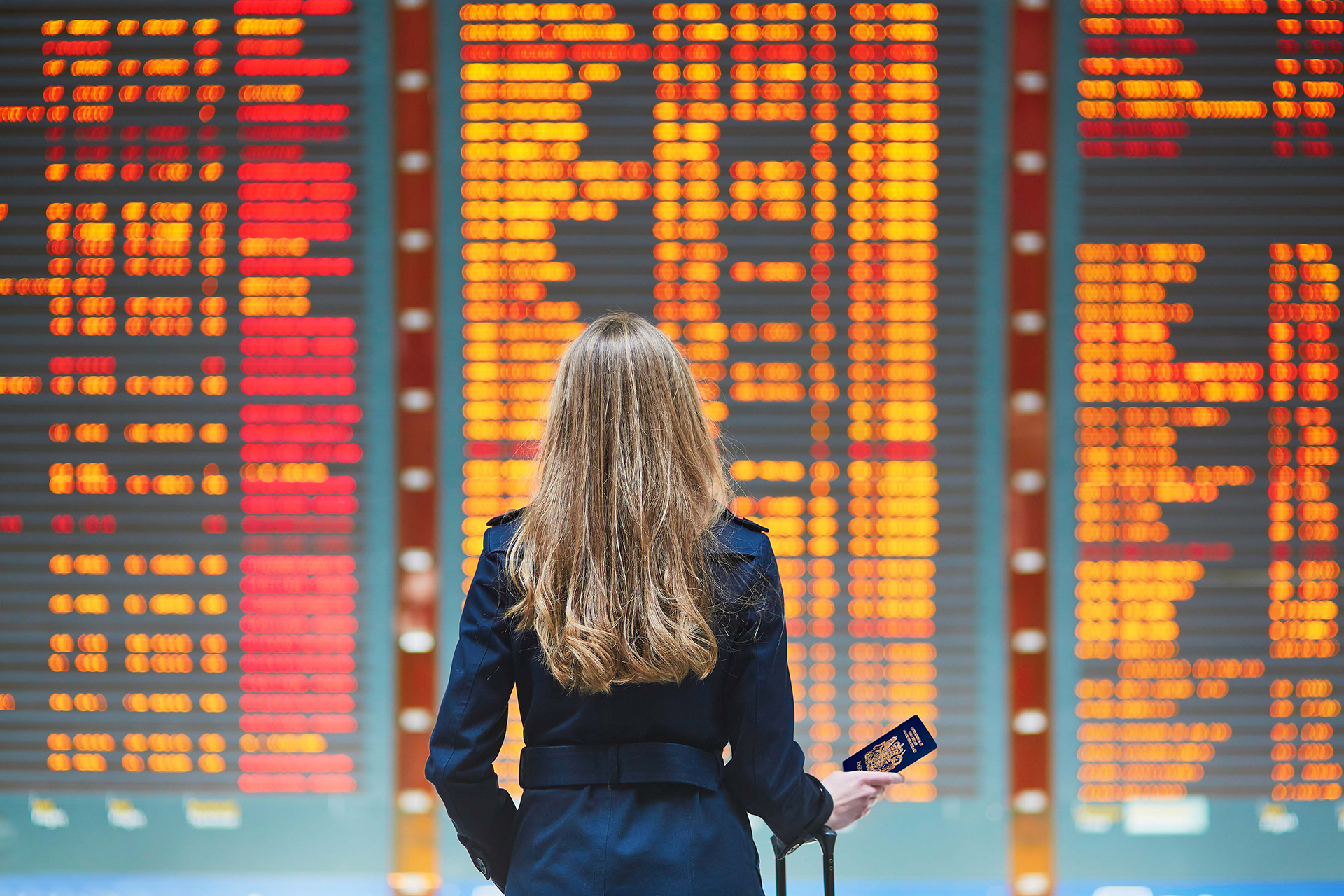When should I ask?
You should ask for assistance either when you book or at least 48 hours before travel, whether it is through a travel agent, tour operator or airline. This information will then be passed to the airport and the service provider.
If you don't give advance notice you could experience delays and may not receive the service that you need.
How can I request help?
It is up to you to find out how to request help. Airlines, travel agents and tour operators should provide a free method of requesting assistance when you book (or at later stage). You may be asked about about special assistance during the booking process but this isn't standard practice so you may need to make a request.
If you are booking on a website, look out for a special assistance link for information on how to get the type of help that you need.
Your travel service provider may ask you to telephone them or their agent or complete a web form. Many airlines provide a Freephone or local rate number for you to call to notify them of your assistance needs. Some airlines also offer a free call-back option.
Note: Request and keep written confirmation of your assistance.
What can I ask for?
It is important that you are clear about the type of help that you need. This will help avoid delays and ensure that you receive appropriate support. Many airports also provide additional information tailored specifically to people with hidden disabilities.
This could include:
- transfer from a designated point, such as car park or bus stop, to the terminal building
- the use of an airport wheelchair to get to the gate
- extra help getting through security searches
- assistance with boarding the aircraft and getting seated
- specific seats on the aircraft
Airlines will need to know:
- you are taking an electric mobility aid (e.g. an electric wheelchair or mobility scooter)
- your condition means that you need extra care and attention
Questions that you may wish to consider in advance include:
- Are on-board wheelchairs available on all aircraft? These are used to move people to the toilet during the flight.
- What are the walking distances to departure gates? Airports should provide this information on their websites.
- Does the airport uses air bridges or steps for passengers to board aircraft?
- The number and type of accessible toilets at the airport and on board aircraft.
- What restrictions (e.g. safety, weight, space, battery type) apply to the carriage of electric mobility aids.
- The airline’s policies on carriage of oxygen.
- The airline’s policies in relation to compensating for damaged mobility equipment.
- The types of seats available and how the airline allocates these.
- Restrictions on medication at security searches (especially relating to liquids).

